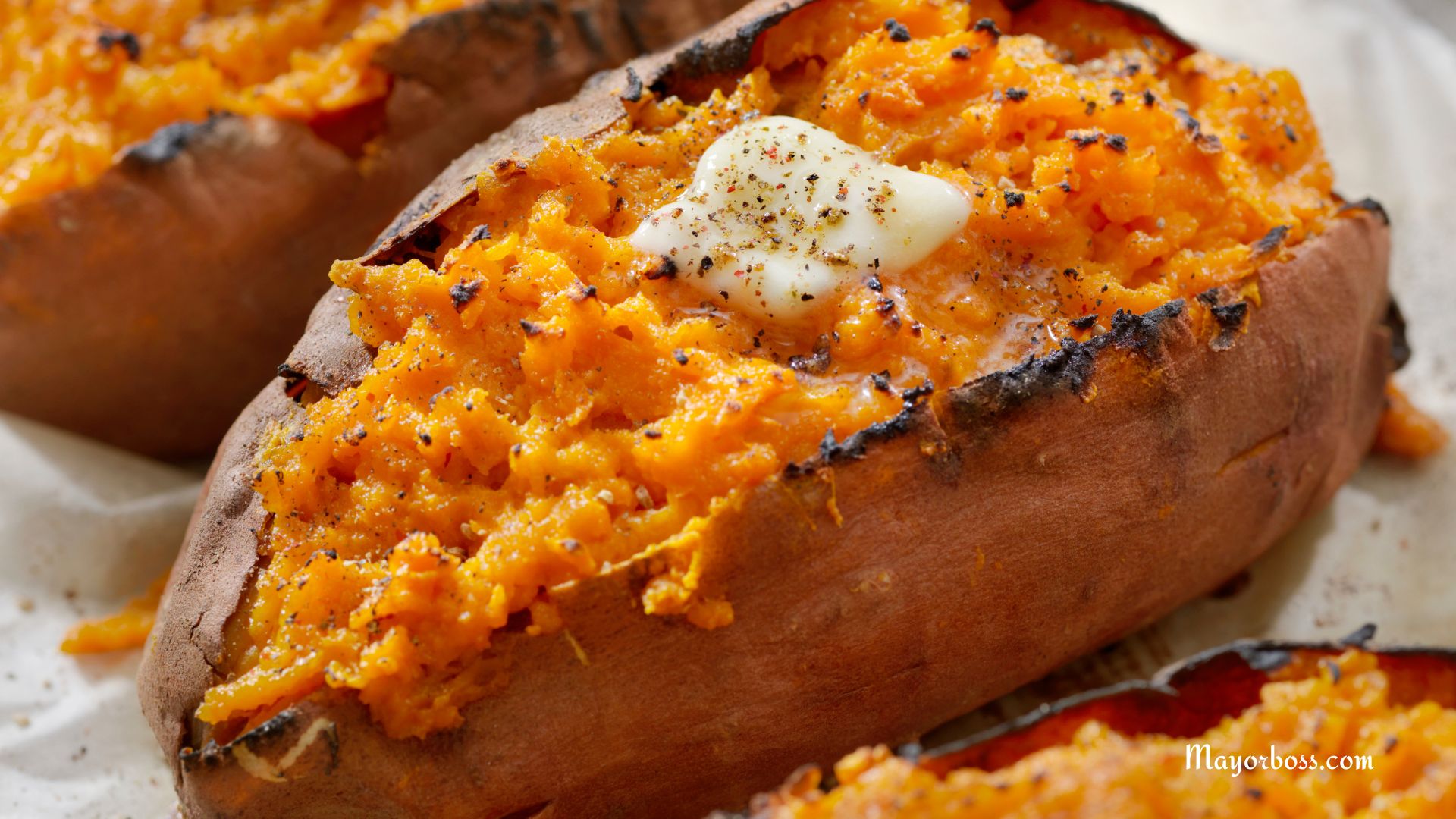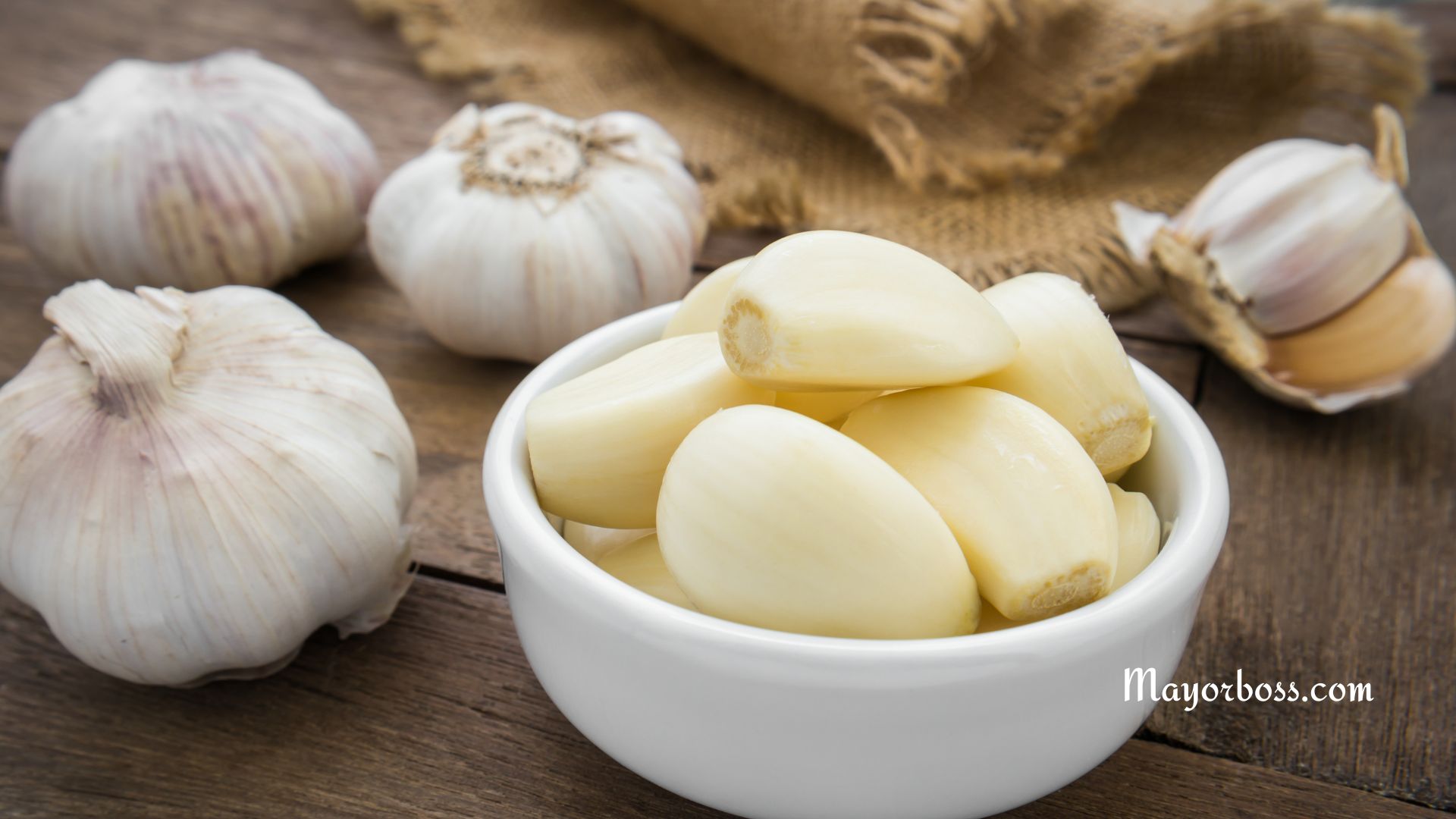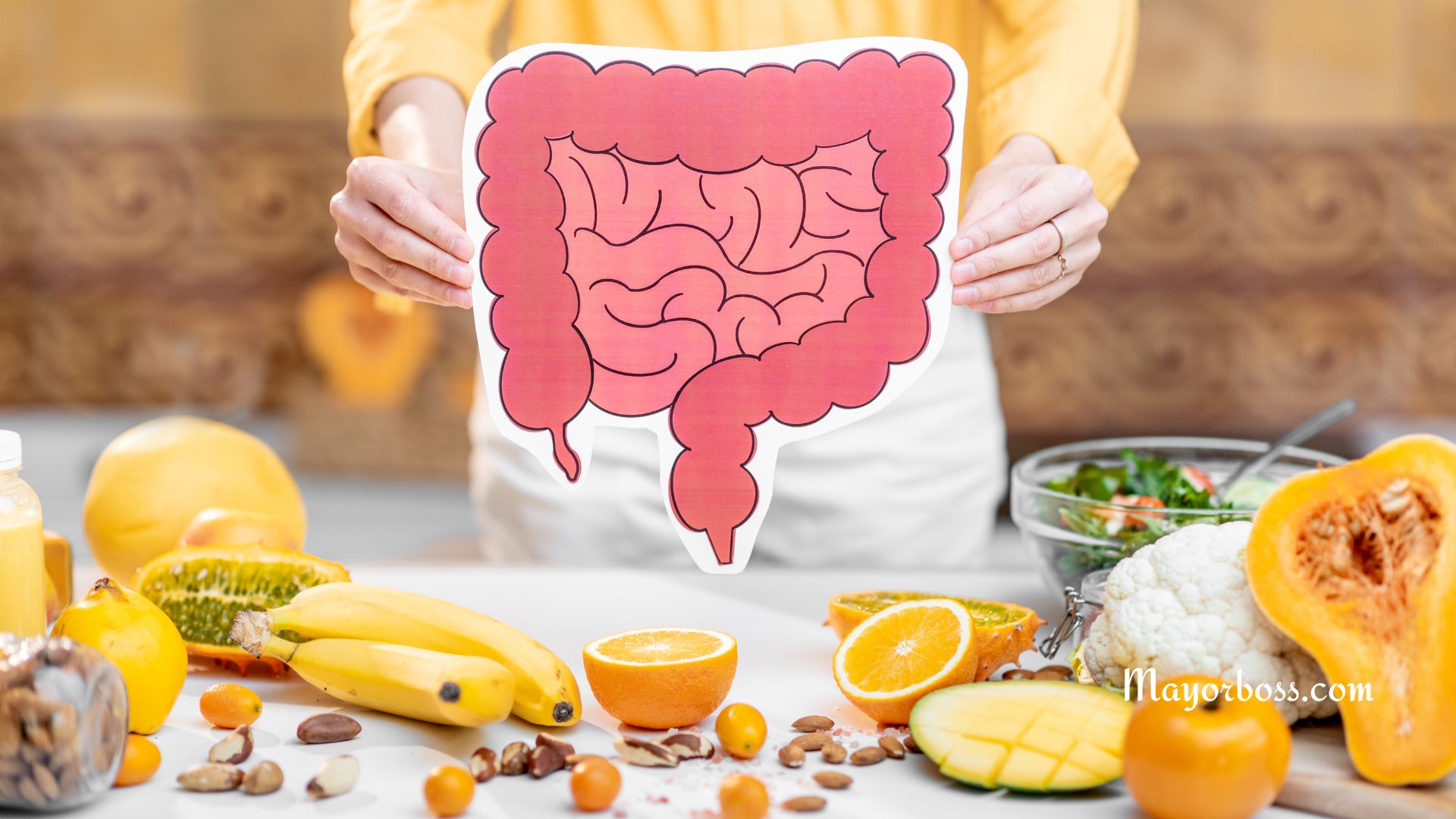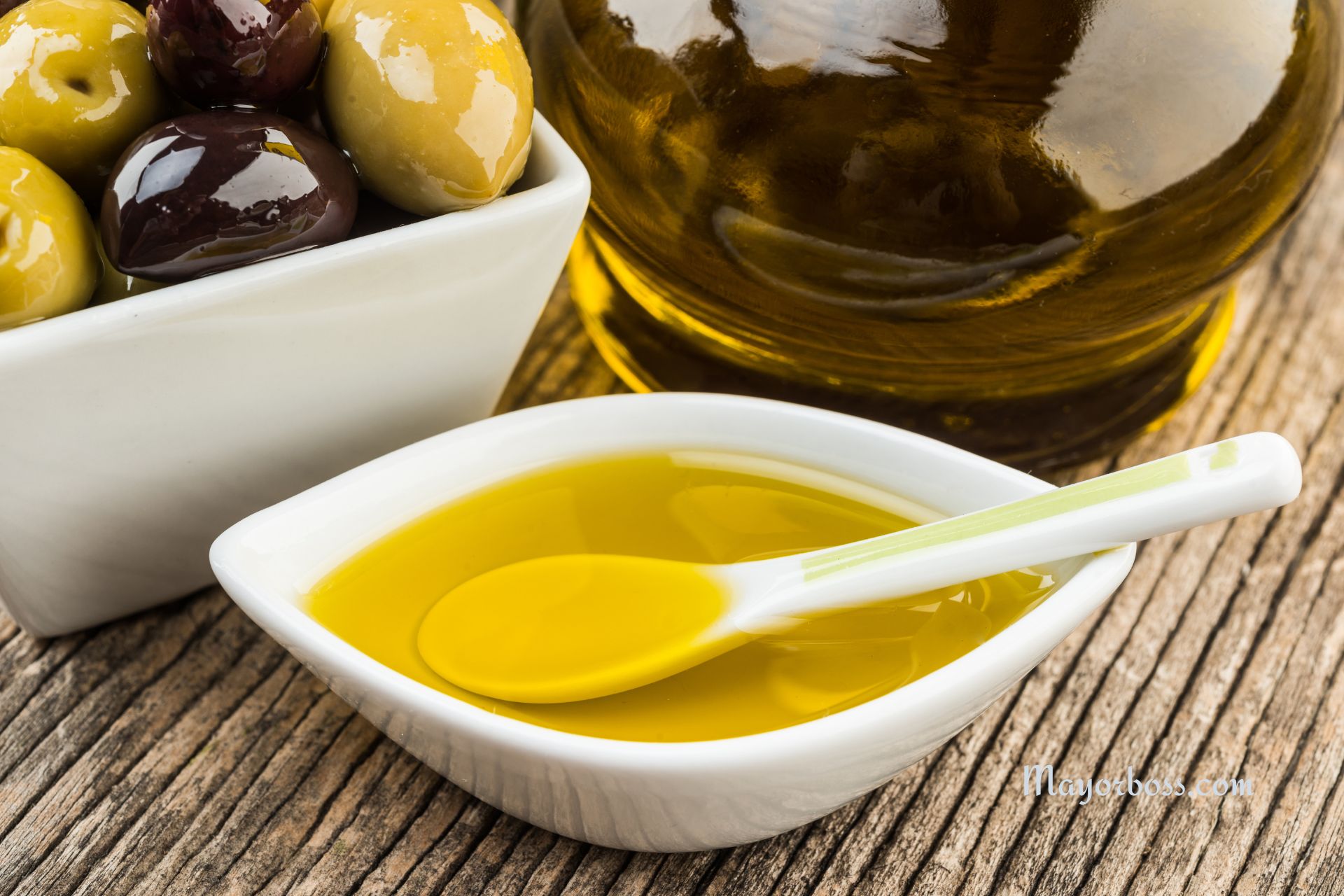7 Foods To Avoid With Diverticulitis
In the realm of health and well-being, experts describe diverticulitis as a painful condition that occurs when tiny pouches, known as diverticula, in your digestive system, become inflamed. For many people, these pouches are harmless, but for some, they can cause serious health issues.
This article will focus specifically on foods to avoid with diverticulitis. Yes, you read that right! The kind of food you consume can either worsen or alleviate this condition. So, how do you ensure you’re making the right choices? Let’s dive right in.
Foods To Avoid With Diverticulitis
1. Seeds and Nuts
You probably have heard that nuts and seeds are an abundant source of nutrients. However, in a person who has diverticulitis, these foods can potentially aggravate the condition.
It’s no secret that these small particles can get stuck in the diverticula and cause inflammation. This means you might want to rethink that handful of almonds or sunflower seeds.
2. Certain Fruits and Vegetables
The fact is, some fruits and vegetables are abundant with small seeds. These include tomatoes, strawberries, cucumbers, zucchini, and raspberries.
For people with diverticulitis, it’s advised to avoid these kinds of fruits. Seriously, you don’t want these tiny seeds causing any more irritation in your gut.
3. Red Meat
Let me say this clearly: Red meat is another food to avoid if you have diverticulitis.
It may surprise you — or not, that red meat can be hard to digest and can increase inflammation in your body. In other words, try swapping out red meat for leaner proteins like chicken or fish.
4. Refined Grains
Most people love their white bread, pasta, and rice. However, for individuals with diverticulitis, these refined grains are not the best choices.
They lack the fiber needed to keep your digestive system running smoothly. This may be because the refining process removes the outer coating of the grain, which is filled with fiber.
5. Fried Foods
Another surprising “avoid” on this list is fried foods. These are known to cause inflammation in your gut and are best avoided by people with diverticulitis.
Simply put, next time you think of reaching for that fried chicken, remember the potential consequences on your digestive health.
6. Dairy Products
For some people, dairy products, including milk, yogurts, and cheeses, sometimes known as lactose, can cause digestive issues.
According to health experts and nutritionists, in people who have diverticulitis, these issues can be even worse. It’s generally recommended to limit your intake of dairy if you have this condition.
7. Alcohol
Lastly, but certainly not least, is alcohol. Many health experts strongly advise patients with diverticulitis to steer clear of alcohol.
This is because alcohol can interfere with digestion and lead to dehydration, which can exacerbate symptoms of diverticulitis.
Conclusion
Diverticulitis is a condition that requires careful attention to your diet. Many experts suggest that avoiding certain foods, like the ones listed above, can help manage the symptoms of this condition.
Don’t believe me? You’re always welcome to do further research or, better yet, consult with a medical professional. Ideally, what’s crucial is that you take care of your health, and making these dietary changes is an excellent step in the right direction.
Be sure to discuss any dietary changes with your healthcare provider for a personalized plan. After all, each individual is different, and what works for one person may not work for another.
Frequently Asked Questions
Many people find that certain foods can trigger a diverticulitis flare-up.
While this can vary from person to person, some common culprits include nuts, seeds, certain fruits and vegetables with small seeds, red meat, refined grains, fried foods, dairy products, and alcohol.
In other words, these are the foods to avoid with diverticulitis to help manage symptoms and prevent flare-ups.
If you think about quick relief from diverticulitis pain, over-the-counter pain relievers can help. However, it’s strongly advised not to take these medications without consulting your healthcare provider. Moreover, applying a heating pad to your abdomen may offer some comfort. But generally speaking, the best course of action is to reach out to a healthcare specialist for guidance.
In most cases, a diet rich in fiber can help prevent diverticulitis. This means you should consider including whole grains, legumes, fruits, and vegetables in your diet.
It’s also been suggested that regular physical activity and drinking plenty of fluids can help keep your digestive system healthy and reduce the risk of diverticulitis.
But how do you know what’s right for you? It’s always recommended to consult a healthcare provider for a tailored prevention strategy.






